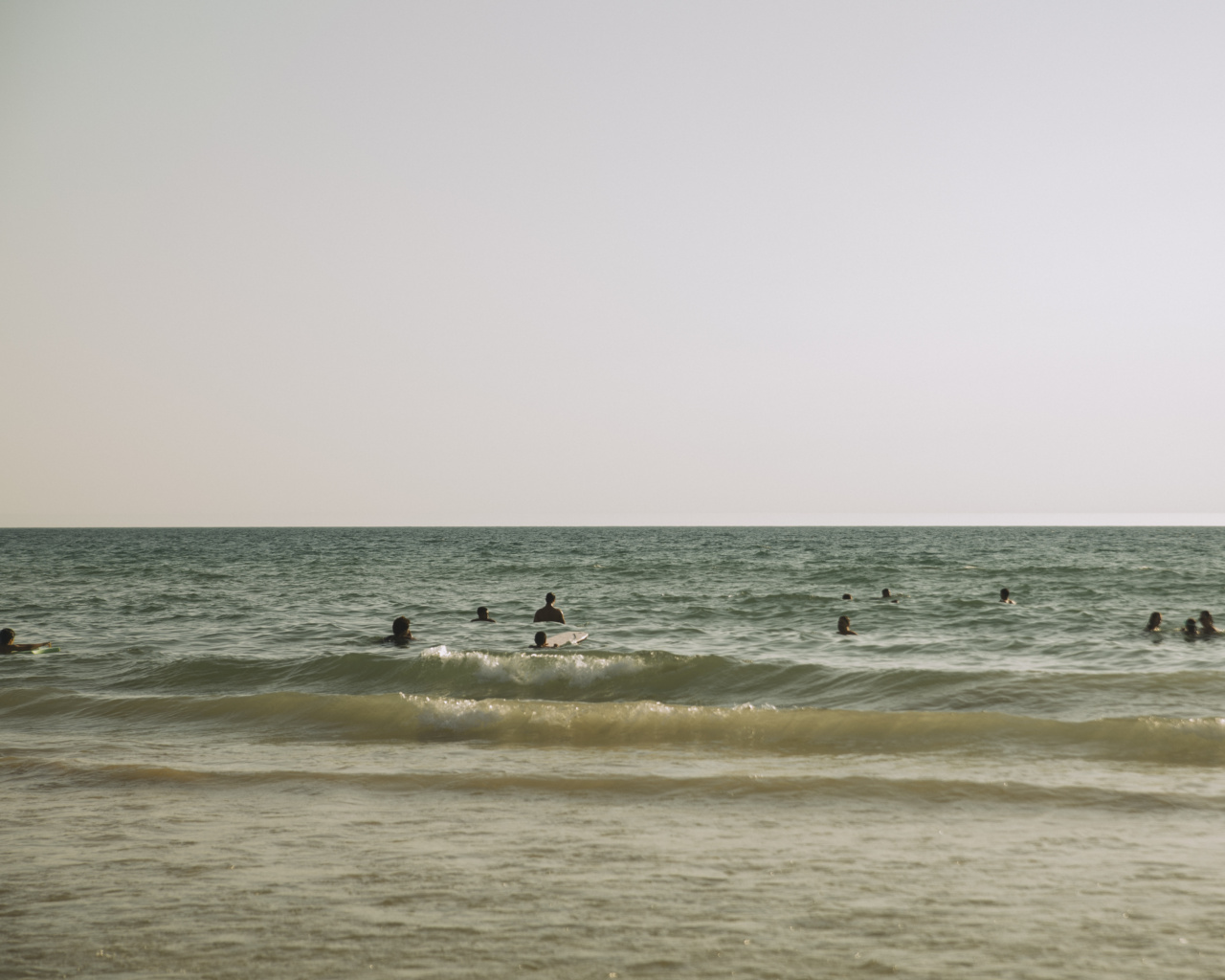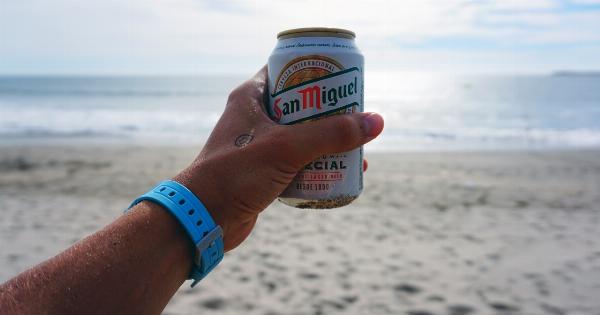Swimming in the sea is a fantastic way to enjoy the outdoors and get some exercise. The cool water, the sound of the waves, and the salty air can be invigorating. However, there are some unexpected changes that can happen to your body after a sea swim.
In this article, we will explore these changes and offer some tips on how to handle them.
The effects of saltwater on the skin
One of the first changes you might notice after a sea swim is the way your skin feels. Saltwater can be drying and leave your skin feeling tight and itchy. This is because the salt draws out moisture from your skin, leaving it dehydrated.
To combat this, it’s important to shower with fresh water after swimming in the sea and apply a moisturizer to replenish lost moisture.
Allergies and irritations
Another unexpected change that can occur after a sea swim is allergies or irritations. Sea water contains various organisms, such as algae and microscopic jellyfish, which can cause allergic reactions or irritate the skin.
If you notice any redness, itchiness, or rash after swimming, it’s best to consult a dermatologist and avoid swimming in that particular area until the issue is resolved.
The impact on the respiratory system
Sea swimming can have a significant impact on the respiratory system, especially for those with pre-existing respiratory conditions such as asthma. The cold water and damp air can trigger coughing, wheezing, and shortness of breath.
It’s important to listen to your body and take breaks if you start experiencing any discomfort. Carry your inhaler or necessary medication with you if you have a respiratory condition and consult your doctor before engaging in strenuous sea swimming activities.
Chilling effect on the body
Even during warm weather, the sea water can be significantly colder than expected. The sudden temperature drop can cause a chilling effect on the body, leading to shivering, increased heart rate, and potential hypothermia in extreme cases.
It’s crucial to acclimate your body gradually to the water and wear a wetsuit or appropriate swimwear to protect yourself from the cold. If you start feeling extremely cold, it’s essential to get out of the water and warm up immediately.
The risk of dehydration
While swimming in the sea, it’s easy to forget that you are still losing water through sweating and evaporation. The combination of physical exertion and the saltwater can lead to dehydration.
Make sure to drink plenty of water before and after your swim to stay hydrated. Avoid consuming caffeinated or alcoholic beverages as they can worsen dehydration. Remember, even if you don’t feel thirsty, it’s essential to replenish your body’s water levels.
Potential ear infections
Sea water can contain bacteria and other microorganisms that can cause ear infections. When you swim, water often gets trapped in your ears, creating a moist environment that invites bacteria to grow.
To prevent ear infections, dry your ears thoroughly after swimming by tilting your head and gently pulling the earlobe in different directions. If you experience any pain, discharge, or difficulty hearing, seek medical attention as it could be a sign of an infection.
Impact on mental health
While swimming in the sea can have numerous physical benefits, it also has a positive impact on mental health. The sound of the waves and the serenity of the ocean can help reduce stress, improve mood, and boost overall mental well-being.
The fresh air and increased exposure to sunlight during a sea swim can also improve serotonin levels, commonly known as the “happy hormone.” So, don’t be surprised if you feel a sense of calm and rejuvenation after a dip in the sea.
Changes in energy levels
Sea swimming can affect your energy levels in ways you might not expect. It can provide an immediate energy boost, thanks to the increased oxygen intake during exercise.
However, the exertion and exposure to the elements can also leave you feeling tired and depleted afterward. It’s important to listen to your body and rest when needed. Remember, swimming in the sea is a workout, so it’s essential to give yourself time to recover and recharge.
Impact on hair
The saltwater in the sea can have both positive and negative effects on your hair. On one hand, the minerals in the water can add volume and texture to your locks, giving you a beachy, tousled look.
On the other hand, the salt can be drying and lead to hair damage and breakage. To protect your hair, rinse it with fresh water after swimming and apply a leave-in conditioner or hydrating hair mask to keep it moisturized.
Potential muscle soreness
Sea swimming is a great full-body workout that engages various muscle groups. However, if you’re not accustomed to regular swimming, you may experience muscle soreness after your swim.
The repetitive motion of swimming can lead to muscle fatigue and stiffness, especially in the shoulders, arms, and back. Stretching before and after your swim can help prevent muscle soreness. If you do experience soreness, take a warm bath or use a heating pad to alleviate discomfort.
Conclusion
Swimming in the sea offers a wide range of physical and mental health benefits. However, it’s important to be aware of and prepared for the unexpected changes that can occur after a sea swim.
From skin dehydration to potential ear infections, understanding these risks allows you to take the necessary precautions to ensure a safe and enjoyable swim. So, next time you head to the beach for a swim, keep these changes in mind and make the most of your experience in the open water!.































